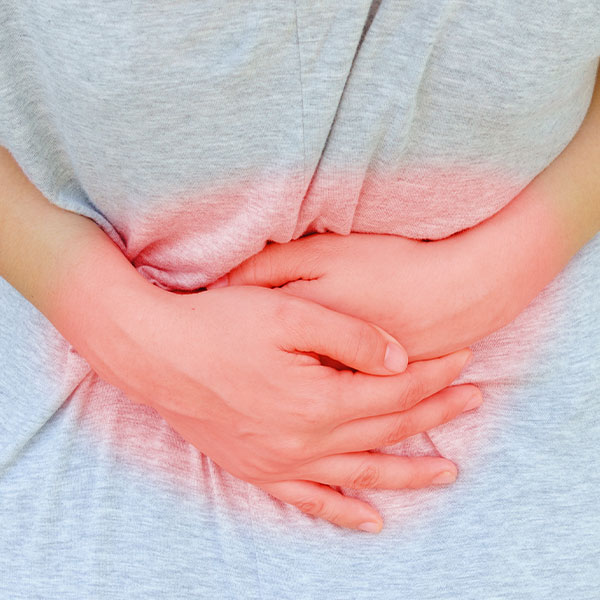Liver Disease
What is liver disease?
The liver is a foot-ball-sized organ in the abdomen that helps digest food and rids the body of toxic substances. Liver disease refers to severe scarring and damage to the liver that degrades the liver’s ability to function properly and can eventually lead to liver failure.
Liver disease can be genetic or caused by a variety of conditions, including viruses, alcohol use, and obesity.
Learn more about the signs and symptoms of liver disease, along with preventative steps, and the treatments we offer to help get you back to normal life.
Signs & Symptoms Of Liver Disease
As many as 1 in 10 people in the U.S. have some type of liver disease, but many don’t experience symptoms. When symptoms do occur, they may include:
- Yellowish skin or eyes (jaundice)
- Abdominal pain or swelling, especially on the right side
- Swelling in the legs or ankles (edema)
- Itchy skin
- Dark-colored urine
- Pale-colored stool
- Chronic fatigue
- Nausea or vomiting
- Loss of appetite
- Bruising easily
You should seek immediate medical help if you have abdominal pain so severe you can’t sit still.
Risk Factors
Several risk factors can increase the chances of developing liver disease or liver-damaging conditions that can progress into cirrhosis or liver disease:
- Heavy alcohol use
- Obesity
- Type 2 diabetes
- Tattoos or body piercings
- Injecting drugs using shared needles
- Blood transfusion before 1992
- Exposure to others’ blood and body fluids
- Unprotected sex
- Family history of liver disease

Complications Of Liver Disease
Over time, these conditions can damage the liver, causing scarring called cirrhosis that can lead to life-threatening liver failure. Fortunately, early treatment of liver disease can give the liver time to heal. The liver is the only organ in the body that can regrow itself after removal or damage.
